
Uganga : Education for Congolese refugee children
- #Refugee Assistance
- #Uganda
14/09/2020
Area
241,000 square kilometers
Population
44.27 million (World Bank, 2019)
Capital
Kampala
Ethnicity
Baganda, Lango, Acholi, etc.
Language
English, Swahili, Luganda
Religion
Christianity (60%), traditional religions (30%), Islam (10%)
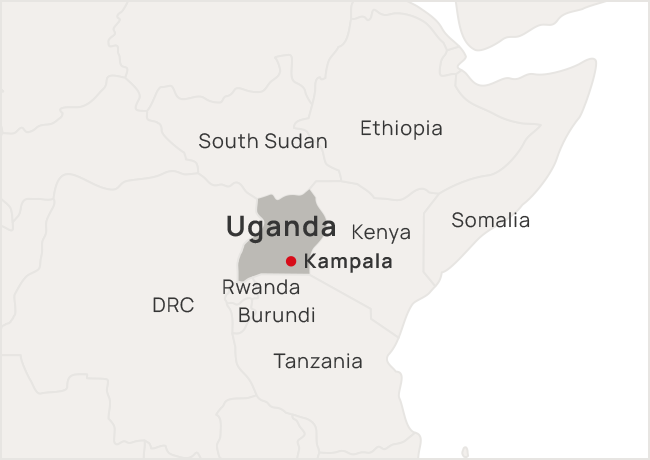
Since the 1990s, the western region of Uganda has been hosting approximately 400,000 refugees who fled the Democratic Republic of Congo (DRC), where the which political and ethnic situation remains unstable. In refugee settlements, children are deprived of educational opportunities due to economic poverty and their parents’ lack of understanding of the importance of education. Children, especially those who live apart from their parents, girls, and children with disabilities, are exposed to various risks.
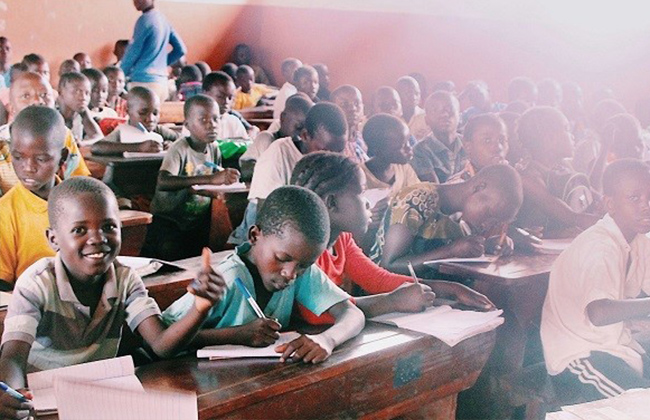
DRC refugee children studying at school in a refugee settlement.
AAR Japan provides education support in western Uganda, where the number of refugees has increased and there is a shortage of educational facilities and scholastic material supplies. In order to create a safe study environment for children, we construct schools, distribute textbooks, and organize trainings on school management targeting parents and local residents.
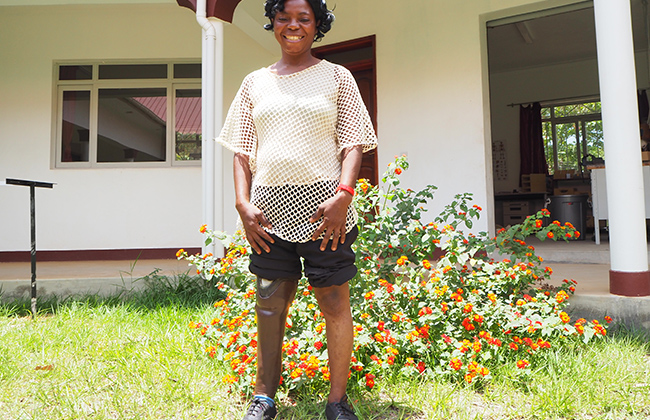
A landmine survivor who became able to walk again after receiving a prosthetic leg
In the aftermath of the civil war that lasted for more than two decades, a large number of landmines and unexploded ordnance remain in northern Uganda. Survivors with disabilities have been forced to live a difficult life. The victims lost their jobs and had to let go of their homes or land to raise money for medical treatment. We provide livelihood support and medical treatment to the victims in the areas with frequent accidents caused by landmines and unexploded ordnance.
2023
Food Aid
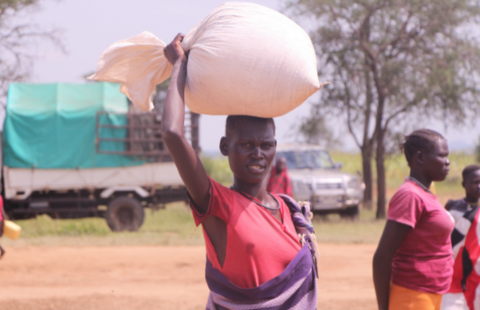
In areas where severe food shortages occurred due to drought and insecurity, AAR distributed food to elderly households, households with people with disabilities, and single-mother families.
2016 - 2021
Education support
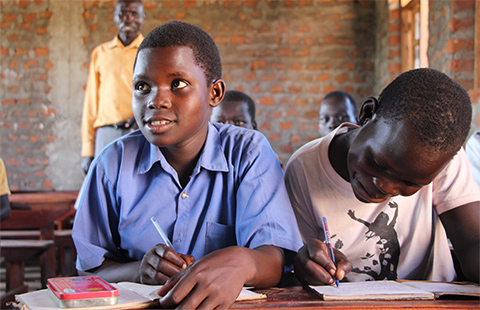
We have continually provided educational facilities and scholastic material supplies to refugee children from DRC and South Sudan. We have also trained teachers and refugee leaders to promote education especially for girls and children with disabilities.